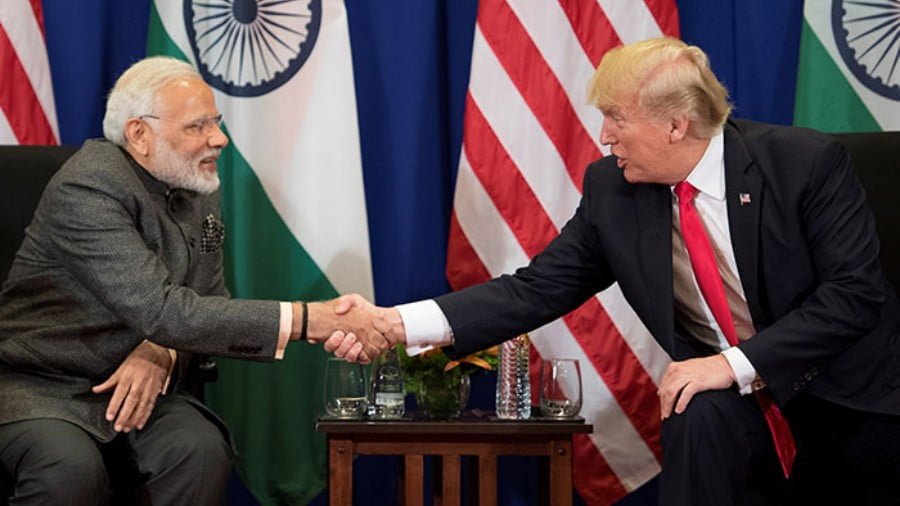WikiLeaks: Riyadh Flirts with Tel Aviv Through Normalisation
A “highly classified” press release by the Saudi Ministry of Foreign Affairs, which was published by WikiLeaks, reveals the level of rapprochement between Riyadh and Tel Aviv. Saudi Arabia initiated discussions on the issue of normalization with Israel and the 2002 Saudi peace initiative that was adopted by the Arab League at the Beirut Summit in the same year.
This was followed by a media propaganda in 2006, the year in which influential people in Saudi Arabia started speaking out that Israel was no longer among the enemies of the United States, but was the closest to an unofficial ally. This discourse has developed and turned into Saudi initiatives to establish ties between the two countries in 2008. Since that date, the effectiveness of the ties between Tel Aviv and Riyadh and the support of the rapprochement between the two are clearly noticed.
Evidence
The WikiLeaks documents added some credibility to what Saudis saw as “talk without evidence,” whether regarding the Saudi relations with Israel or other issues. But what is new in the Saudi – Israeli relations is that Riyadh has launched a new phase of rapprochement with Israel, but not at the intelligence and security level. In one of the telegrams, dated 27 April, 2005, which was sent by the Under Secretary of State for Economic and Cultural Affairs to the Saudi Minister of Foreign Affairs, regarding the receipt of a telegram from the Head of the Cabinet of the Prime Minister of Saudi Arabia, to clarify the Saudi dealings with Israeli companies, the Saudi Under Secretary of the Ministry of Foreign Affairs referred to the Decision of the Saudi Cabinet No. 5 of 13 June, 1995.
The decision concerns the suspension of the boycott of Israel at the second and third levels, and the preservation of the first level, which stipulate that the Kingdom boycotts the totally Israeli companies and does not boycott the ones that Israel or persons holding Israeli nationality own a share in, or foreign companies that deal with Israeli companies according to the first level. This means that the Saudi authorities have allowed companies, which have relations with Israel, to work in the Kingdom in various fields, since the mid-nineties, and that the review is only restricted to special cases related to information security.
In this context, the Israeli newspaper Haaretz reported that direct Israeli investment, whether banking or commercial, is witnessing steady growth that started slowly with the beginning of the new millennium.
In mid-2012, Major General Nayef bin Ahmed bin Abdul Aziz, one of the most important Saudi military commanders who is specialized in the fields of special operations and electronic warfare, published an article in the magazine of the American Joint Forces, which spoke positively about Israel and the need to strengthen relations between his country and Tel Aviv.
He stressed the need for the two sides to invest in strengthening the bonds of cooperation and convergence between Palestinians and Arabs in general on the one hand, and Israelis on the other. A telegram from the Under Secretary of State for Information and Technical Affairs to Saud Al-Faisal showed that the Saudi side is interested in the Israeli reaction to this article, which can be described as one of the test balloons to strengthen ties between Tel Aviv and Riyadh.
Another telegram included an article written by the Israeli author in Haaretz, Amir Oren, which referred to Nayef’s article that pointed out that Riyadh is flirting with normal relations with Israel under certain conditions. This confirms that Naif’s article was a test balloon for the reactions of Israel firstly and the Arab media secondly. There is another telegram from the Under Secretary of State for Information and Technical Affairs to Saud Al-Faisal about the interest of Arab media in the article of the Israeli writer and his comments on the whole matter.
Popular Relationships
The Wikileaks leaks on Saudi foreign correspondents also confirmed the existence of signs of relations between Riyadh and Tel Aviv not only at the official level but also at the grassroots level. One of these documents sheds light on an unofficial protocol brokered by the United States that fosters relations between the Kingdom and the UAE under an academic cover. This comes in the context of what international relations experts call “the establishment of normal relations rooted at the bottom.” The telegram sent by the Saudi Ministry of Foreign Affairs demands the completion of information on a delegation of tens of Saudi students who were hosted by the Israeli Embassy in Washington as part of a training program for the preparation of leaders, under the auspices of the US government.
The telegram, which was sent in August 2008, refers to the demand of the Ministry of Foreign Affairs to see the content and purpose of the visit, as well as the questionnaires filled out by the students, in addition to the content of the articles that were written and printed by the Israeli Embassy and granted to the students. It also refers to the inquiry of Saudi Arabia about the purpose of the visit and what was going on. The document said that Saudi students listened to an explanation by the Israeli embassy staff, posed questions and took photographs.
What is remarkable is that the Saudi Ministry of Foreign Affairs did not raise any objections or warnings in the telegram about this visit, and that it dealt with it routinely, exactly as is the case when the Ministry of Foreign Affairs asks its embassies around the world about a specific event. This suggests that similar activities occur routinely and it is not a separate act of a person or group of people who hold Saudi citizenship and reside in the United States and who have acted in an individual way.
It rather comes under the auspices of a US government program involving most of the friendly countries of the United States – including Saudi Arabia and Israel – and aware of its objectives and stages. The participation of Saudi Arabia in the program started when Prince Turki Al-Faisal, who is considered the godfather of the rapprochement between Tel Aviv and Riyadh, took up the post of ambassador to the Kingdom in Washington.
Given the content of the US program, the plan has the objective of training young people on leadership within their communities and on international cooperation with their peers in other countries. The program aims also to create a new generation of young leaders who are active at both the social and political levels, specifically to be specialized in international relations and how to manage them. This complies with the Saudi policy which aims, since a date close to the date of the visit, to deepen the process of normalization with Israel at the popular level. This has taken a rising trend since 2011, and reached the final acceptance of Saudis of normal relations with the Zionist entity.
In 2014, a survey conducted by the Washington Institute for Near East Policy on the Arab – Israeli conflict and on the future of the peace process revealed that the majority of the people surveyed in Saudi Arabia, about 1000 people, supported “making peace with Israel and the two – state solution.” The Saudi sample, when compared to UAE and Kuwait, topped the list, in terms of the number of supporters of “peace” with Israel among the three samples, at 61 per cent. In this context, Salman Al-Ansari, the founder of the Saudi lobby in the United States, called for a “cooperative alliance” between Riyadh and Tel Aviv based on “common regional and economic interests.”
He pointed out also that “there is a historic opportunity for a new era of peace and prosperity.” According to the news website Times of Israel, Al-Ansari, head of the Saudi – American Public Relation Affairs Committee, wrote in The Hill that Israel is “uniquely positioned to help its neighbour in economic development in the coming years.” He considered that the political dialogue between the two sides is not only in the interest of the two countries, but also in the interest of the Middle East and the international allies of Saudi Arabia and Israel.”
According to Al Mayadeen, Al-Ansari wrote that Israel is “one of the most developed and technologically advanced countries in the field of mining,” and added that it is “one of the world’s leading countries in the water engineering industry,” which are two issues of great importance to Saudi Arabia.
Source: Middle East Monitor







